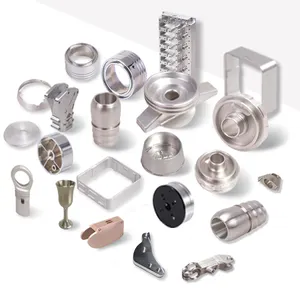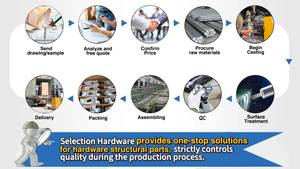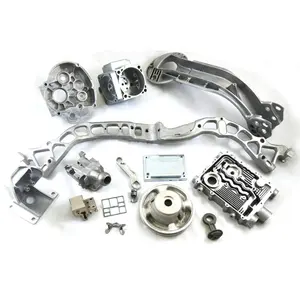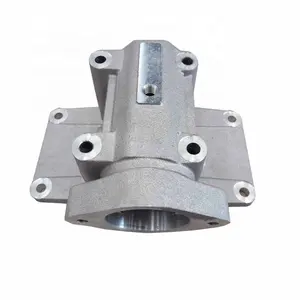Introduction to Aluminum Casting
Aluminum casting is a highly versatile manufacturing process that utilizes molten aluminum to create various intricate shapes and designs. This technique is widely used in numerous industries, including automotive, aerospace, and consumer goods, due to its ability to produce lightweight yet durable components. The casting process ensures precision in design and enhances product performance, making it a preferred choice for engineers and manufacturers alike.
Types of Aluminum Casting
There are several methods of aluminum casting, each with specific applications and benefits. Here are the most common types:
- Sand Casting: This traditional method uses a mold made of compacted sand. It is ideal for larger parts where precision is not the utmost priority.
- Die Casting: Utilizing high pressure, molten aluminum is injected into a metal mold. This method allows for high accuracy and is perfect for mass production of small to medium-sized parts.
- Permanent Mold Casting: Involves pouring aluminum into reusable metal molds. This process is suitable for parts that require high dimensional stability and surface finish.
- Investment Casting: Also known as lost-wax casting, this method provides excellent surface quality and intricate design capabilities, suitable for complex geometries.
Applications of Aluminum Casting
The versatility of aluminum casting makes it applicable across various fields. Key applications include:
- Automotive Industry: Lightweight engine components, transmission housings, and structural parts improve fuel efficiency and performance.
- Aerospace Sector: Engine parts, supporting structures, and hardware that require high strength-to-weight ratios and resistance to thermal stress.
- Consumer Electronics: Casings for devices like laptops and smartphones to protect internal components while maintaining aesthetic appeal.
- Industrial Equipment: Construction machinery, pumps, and impellers that require reliable performance in demanding environments.
Advantages of Aluminum Casting
Aluminum casting offers numerous advantages, making it a favored choice among manufacturers:
- Lightweight: Aluminum is significantly lighter than many metals, which leads to reduced shipping costs and improved operational efficiency.
- Corrosion Resistance: The natural oxide layer formed on aluminum helps it resist environmental degradation, enhancing the lifespan of cast products.
- Thermal Conductivity: Excellent thermal properties allow aluminum cast products to effectively manage heat, vital for many applications.
- Recyclability: Aluminum is 100% recyclable without losing quality, promoting sustainability in manufacturing practices.
- Cost-Effective: With advances in methods like die casting, production costs can be minimized without compromising quality, making it an economically viable option.



































































































































































































